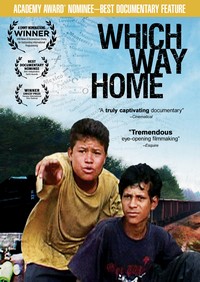Lists














12 Movies, 2 Books
documentaries history
Sort by:
Recent Desc
More lists by Kitty Medici


BLM
List includes: Babies, Freedom Dreams: The Black Radical Imagination, Black Reconstruction in America 1860-1880
November 2023
0
@kitty-medici



singer songwriter
List includes: Nirvana, Michael Jackson, Ben Folds
September 2023
0
@kitty-medici

ethnographic
List includes: La Commune (Paris, 1871)
September 2023
0
@kitty-medici



politics
List includes: Which Way Home, Knock Down the House, Living Undocumented
August 2023
0
@kitty-medici



LGBT
List includes: Paris Is Burning, The Celluloid Closet, Kiki
August 2023
0
@kitty-medici

cuba
List includes: Cuba and the Cameraman
August 2023
0
@kitty-medici



drama
List includes: Last Train Home, News from Home, Francofonia
August 2023
0
@kitty-medici



horror
List includes: Thelma, Valerie and Her Week of Wonders, A Girl Walks Home Alone at Night
August 2023
0
@kitty-medici



palestine
List includes: Divine Intervention, The Time That Remains, Death in Gaza
August 2023
1
@kitty-medici